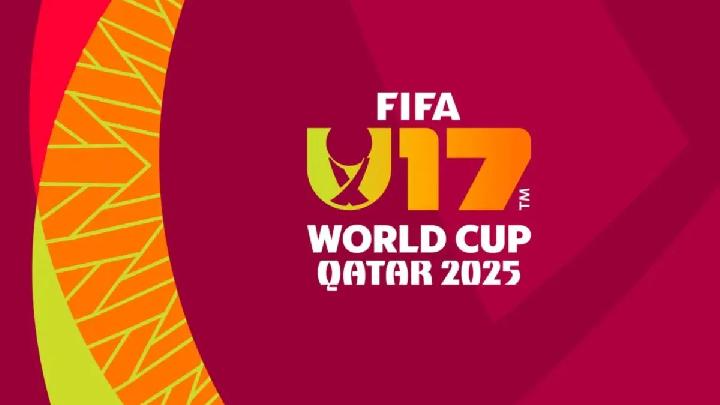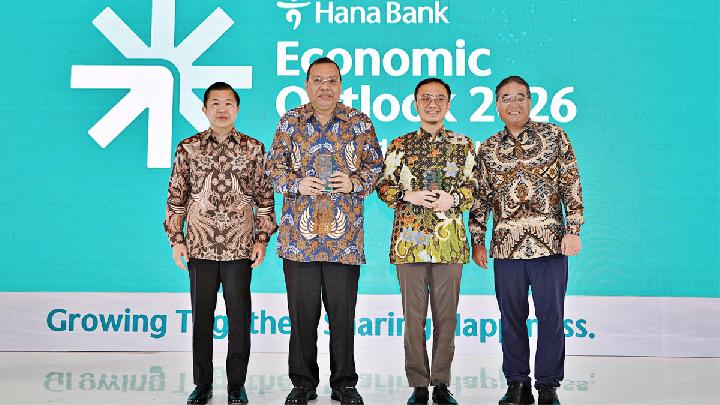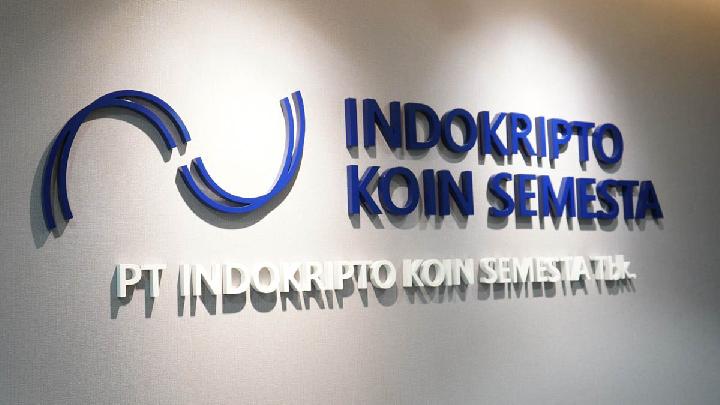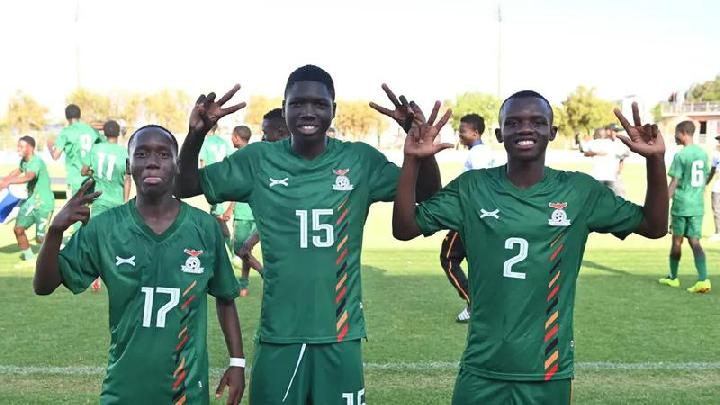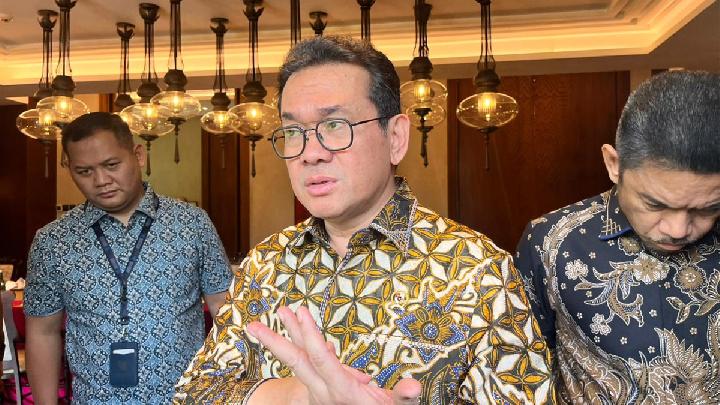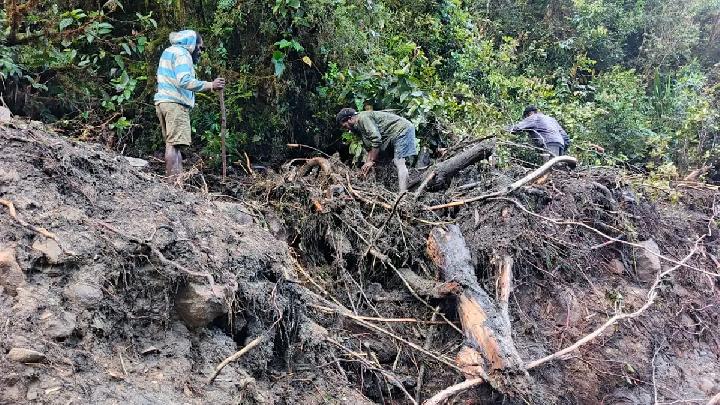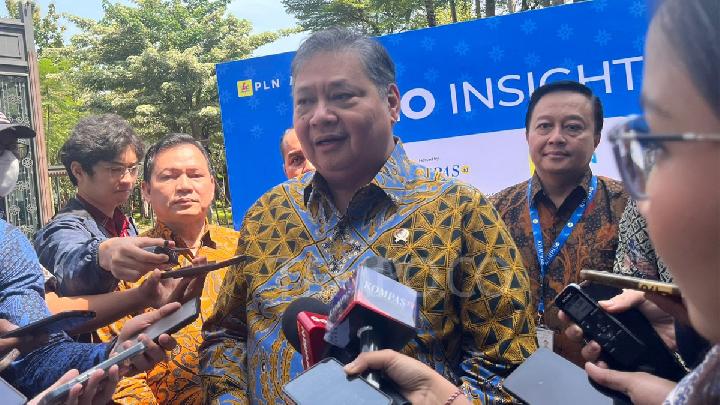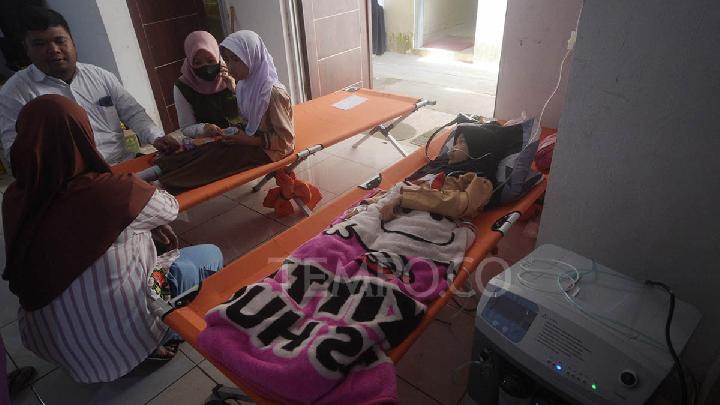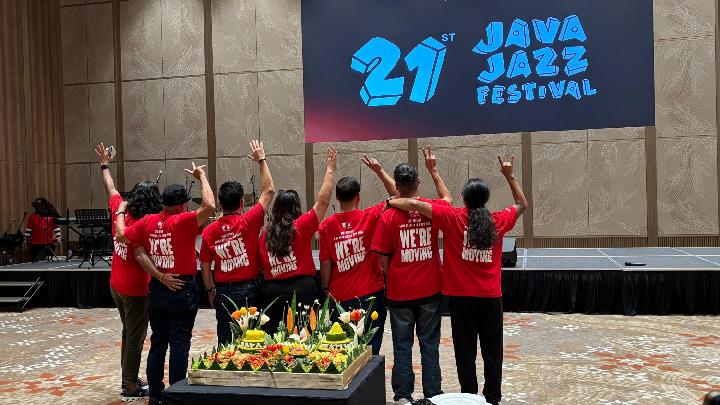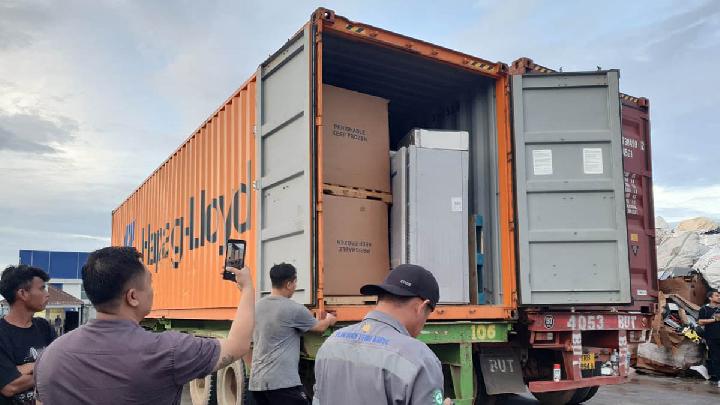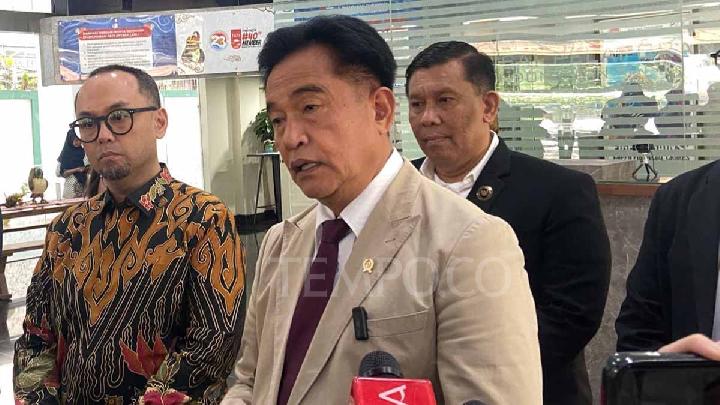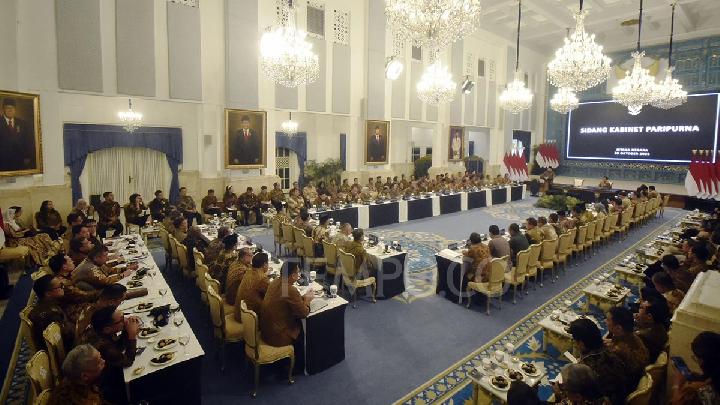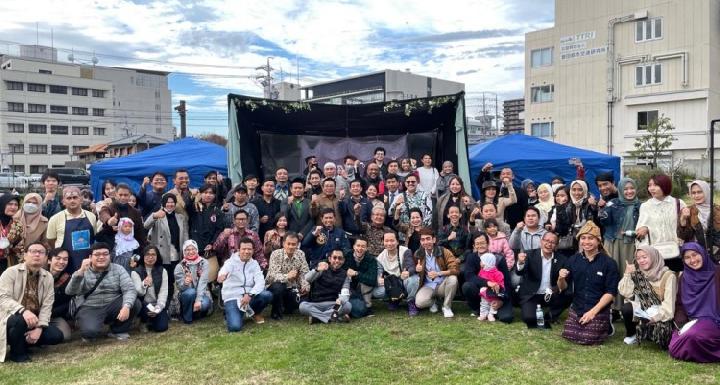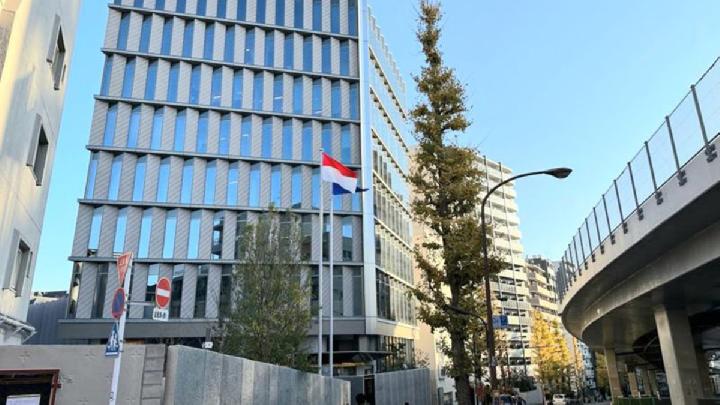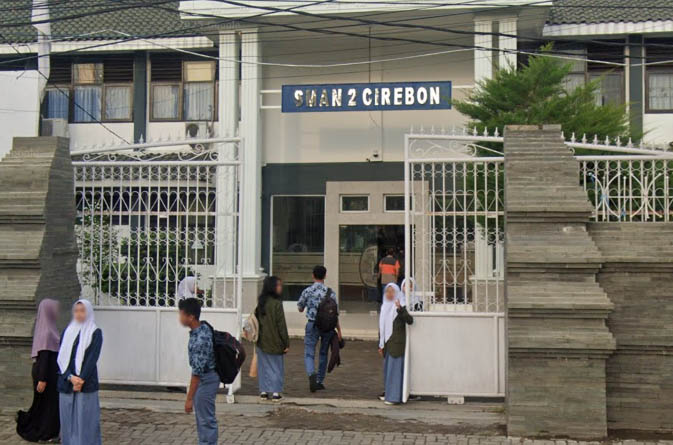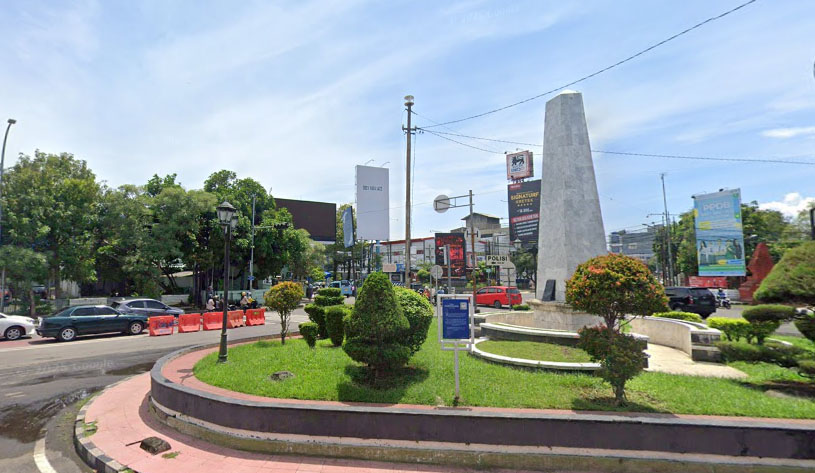TEMPO.CO, Jakarta - Indonesia currently has a fund to aid victims, a source of state compensation for victims of sexual violence. This fund is regulated in Government Regulation Number 29 of 2025 concerning the Victim Assistance Fund for Sexual Violence Crime (DBK-TPKS) signed by President Prabowo Subianto.
This regulation outlines the state's commitment to pay compensation to sexual violence victims, in situations where the perpetrator is unable to fully pay restitution. The regulation serves as a technical regulation stemming from Law Number 12 of 2022 concerning Sexual Violence Crimes (UU TPKS) enacted in 2022.
Deputy Chairperson of the Witness and Victim Protection Agency (LPSK) Sri Nurherwati explained that this regulation could be implemented starting last month. "This regulation could be implemented since June 18, 2025, as stipulated in the closing provisions of Government Regulation No. 29 of 2025," said Nurherwati in a brief message on Friday, July 11, 2025.
This regulation mandates the LPSK as the agency responsible and authorized to manage the collection, allocation, and utilization of funds allocated to victims of TPKS.
Nurherwati stated that this regulation closes the gap when sexual violence perpetrators are unable to fulfill their responsibilities to the victims. In this regard, she emphasized that the state must not remain silent. "The implementation of this regulation paves the way for the state to play an active role in the victim's recovery, not just punishing the perpetrators," she said in a separate statement.
Furthermore, Nurherwati also emphasized that the implementation of this Victim Assistance Fund regulation clarifies the state's role in the victim's recovery process. The state is not just waiting for the restitution to be fulfilled by the perpetrator, but actively ensuring that the victim's rights are upheld.
Source of Victim Assistance Fund
The funding source for victim assistance funds comes from various parties, ranging from philanthropists, the public, individuals, corporate social and environmental responsibility, to other legitimate and non-binding sources, as well as from state budget in accordance with applicable regulations. This is regulated in Article 2 of Government Regulation 29/2025.
Victim assistance funds are provided in the form of money as a concrete compensation for the losses suffered by the victim. The LPSK will collect funds, allocate them according to the needs of the victims, and ensure their targeted utilization.
The LPSK is also tasked with formulating general policies for fund management, finding and receiving fund sources, designing aid distribution plans, disbursing funds, and preparing transparent accountability reports.
In its implementation, the LPSK will coordinate with the ministry responsible for state finance to ensure that fund management runs accountably and in accordance with fiscal regulations. Fund collection originating from non-governmental parties is done through legitimate grant mechanisms and in accordance with legislation.
Addressing Restitution Deficiencies
The main purpose of the victim assistance fund is to address the deficiency in restitution payments by sexual violence perpetrators, as stipulated by legally binding court decisions. Restitution covers both material and immaterial losses suffered by the victim or their heirs.
The process of providing victim assistance funds begins with the calculation of the victim's losses by the LPSK. Based on this calculation, the LPSK determines the amount of restitution that the perpetrator must pay. This amount is then conveyed to the investigator or public prosecutor, to obtain a court decision regarding the amount of restitution that the convict must pay to the victim or their heirs.
Prior to this, law enforcement officials will first assess the perpetrator's ability to pay restitution. This stage includes the seizure of the perpetrator's assets. If the seized assets are insufficient, then the state intervenes through the victim assistance fund to cover the deficiency in restitution payments.
According to the LPSK, this fund is only disbursed to the extent of the deficiency that the perpetrator is unable to fulfill, ensuring that the victim still receives their full rights.
Victim Recovery
In addition to addressing restitution deficiencies, the victim assistance fund also serves to finance the recovery of the victim. Recovery is provided based on the request of the victim, their family, or their legal representative, and the LPSK will thoroughly assess the type of recovery needed by the victim.
The recovery referred to can include physical, psychological, social rehabilitation, or other assistance not included in the restitution calculation. According to the LPSK, the provision of assistance will consider the synergy of ministry/agency recovery programs and regional government availability of funds.
Government Regulation 29/2025 also stipulates a clear timeframe for disbursing the rights of the victim. Restitution compensation must be provided within 30 days from the date the LPSK receives a copy of the court decision. As for approved recovery funding requests, the funds must be disbursed within a maximum of 30 days from the date the LPSK determines the decision.
Editor's Choice: KUHAP Bill: No Restorative Justice for Sexual Violence Cases
Click here to get the latest news updates from Tempo on Google News

